Found 16 movies, 1 TV show, and 0 people
Can't find what you're looking for?

Two talented song-and-dance men team up after the war to become one of the hottest acts in show business. In time they befriend and become romantically involved with the beautiful Haynes sisters who comprise a sister act.
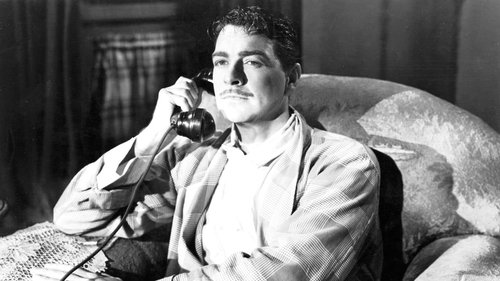
Two friends land in hot water when they begin dating twins and one of the women ends up dead.
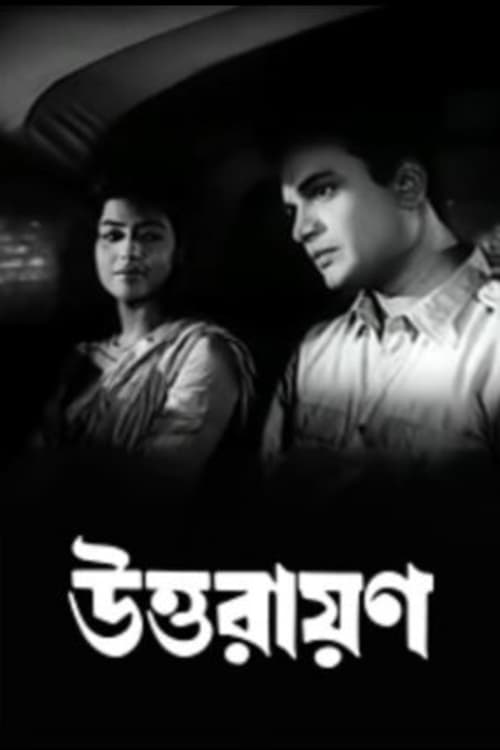
Pranbir goes to war where he meets his doppelganger, Rateshwar, who eventually dies in combat. Pranbir decides to visit Rateshwar's family to inform them about his death but the family mistake him for Rateshwar.
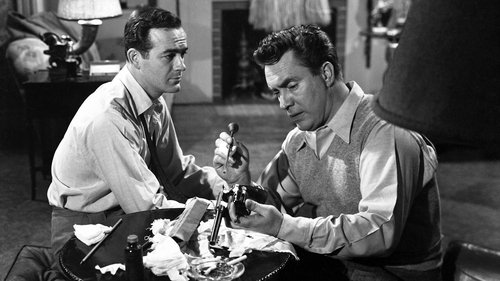
Rocky and Dan, war buddies, are prowl car cops on night duty. Dan is a cynic who views all lawbreakers as scum; Rocky feels more lenient. Both are attracted to the radio voice of communicator Kate Mallory; but in person, Kate proves reluctant to get involved with men who just might stop a bullet. By lucky chance, Rocky and Dan cause big trouble for murderous racketeer Ritchie Garris; but when he swears vengeance, Kate's fears may prove justified.
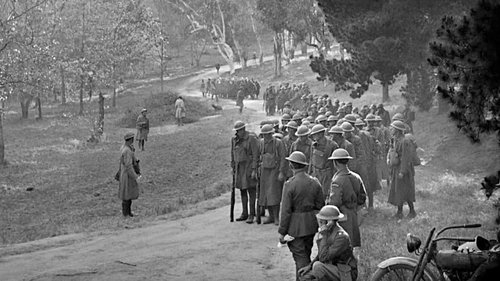
The story of an idle rich boy who joins the US Army's Rainbow Division and is sent to France to fight in World War I, becomes friends with two working class men, experiences the horrors of trench warfare, and finds love with a French girl.
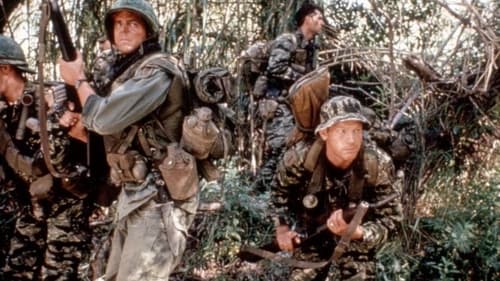
An Army cameraman is embedded with a reconnaissance patrol and charts their mission across territory controlled by the North Vietnamese.
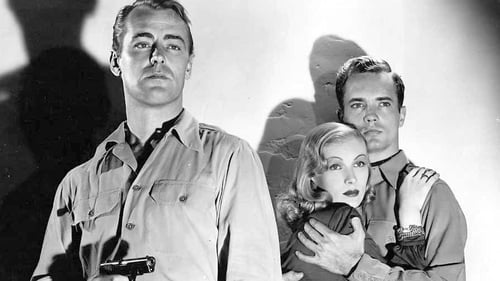
After World War II Larry learns that his flying buddy Mike will only live a short time despite the efforts of the doctors. He takes on a profitable flying job for profiteers Maris to finance a good time for his buddy. As the plane takes off he shoves Maris' secretary Susan on board. When Mike falls for her, Larry tells her to play along for Mike's sake. She, of course, falls for Larry.

A soldier comes home with the weight of the world pinned to his chest.

No description available for this movie.
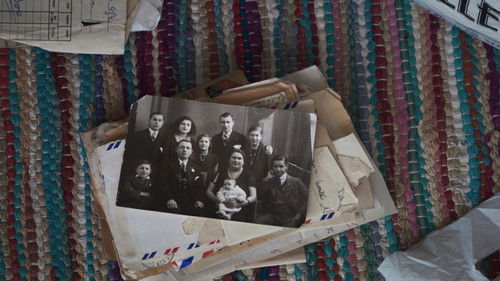
One day, in Savigny, an 18-year-old boy left his house in the middle of the war, saying: "I'm leaving, I'm going to kill Hitler." His name was Joseph, he was Jewish, he was my great-uncle. He disappeared during the night of the Occupation, and his existence became a family secret. He disappeared from history, the small as well as the big: he is not on any deportation list, and the only archive where he appears is a family photo of him as a child. It disappeared like a stone at the bottom of the water, instead of going up in smoke in the sky of Poland. What did he become? And why didn't anyone mention his name anymore?
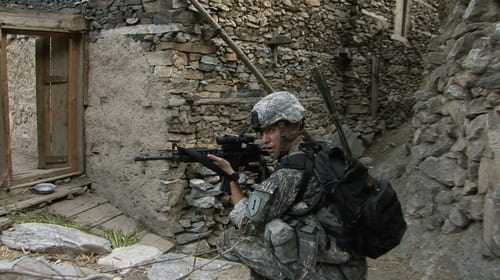
Korengal picks up where Restrepo left off; the same men, the same valley, the same commanders, but a very different look at the experience of war.
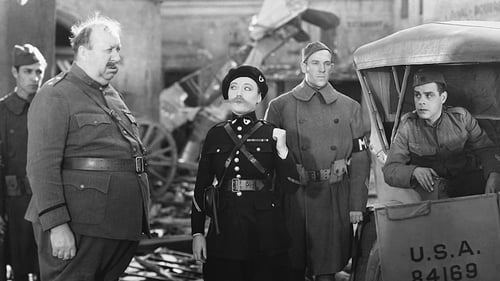
At the conclusion of World War I, a French girl is romanced by an American doughboy even though she is promised to a French soldier who was sent to the front.
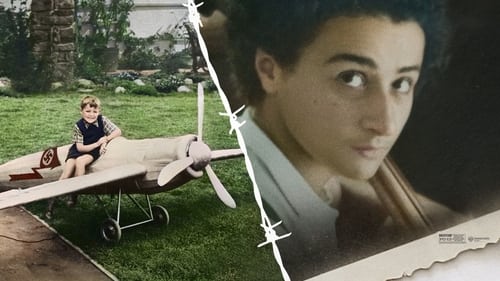
While Hans Jurgen Höss enjoyed a happy childhood in the family villa at Auschwitz, Jewish prisoner Anita Lasker-Wallfisch was trying to survive the notorious concentration camp. At the heart of this film is the historic and inspiring moment – eight decades later – when the two come face-to-face. This is the first time the descendant of a major war criminal meets a survivor in such a private and intimate setting, Anita’s London living room. Together with their children, Kai Höss and Maya Lasker-Wallfisch, the four protagonists explore their very different hereditary burdens.
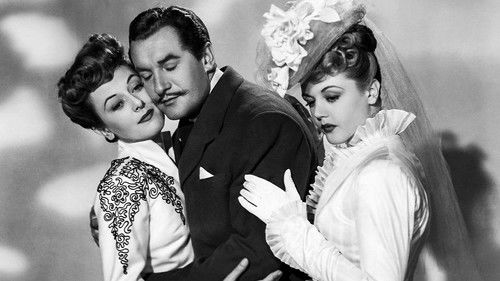
A self-serving journalist uses influential women in late-1800s Paris and denies the one who truly loves him.
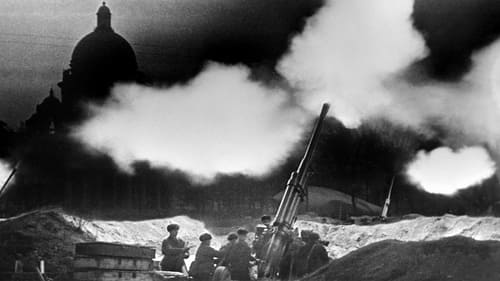
It was one of the great crimes of the Second World War: from 1941 to 1944, a total of 872 days, the siege and starvation of Leningrad by the German Wehrmacht on Hitler's orders lasted. Over a million people fell victim to the blockade, most of them dying of hunger. Countless of these starving people wrote diaries with the last of their strength, and cameramen filmed in the paralyzed city. Evidence from the hell of the siege, many of the film recordings, but above all the written memories on which this documentary on the occasion of the 80th anniversary of the liberation is based, remained under lock and key after the war. The voices of those who had suffered through this terrible time should not be heard by anyone, because they did not fit the pathos of the Leningrad heroic song that was officially sung. Most of the recordings come from women. The writers feared neither the enemy nor the Communist Party or Stalin, who often proved incompetent in providing for the population.

No description available for this movie.